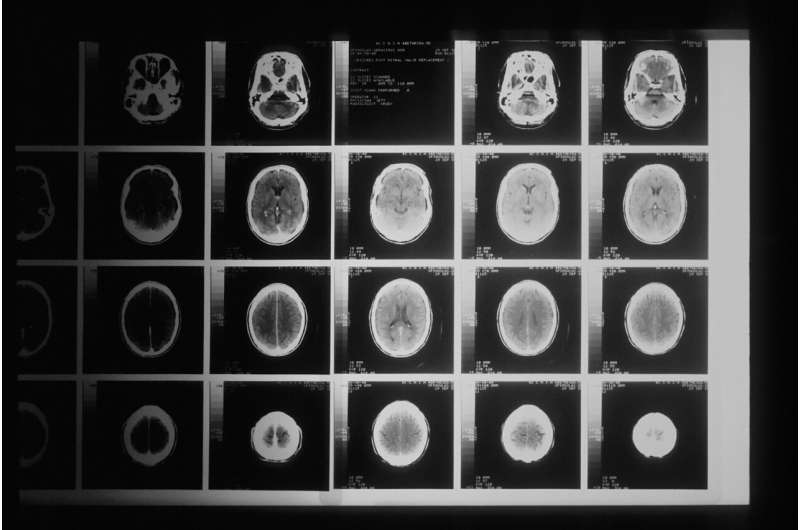Scientists Quantify Metabolic Products from Gut Microorganisms Entering the Human Body

A recent study from ETH Zurich and Stanford University has precisely quantified the daily production of metabolic molecules by gut bacteria that influence human health, highlighting diet's role in modulating these vital compounds.
Recent research sheds light on the complex chemical interactions within the human digestive system, specifically focusing on the metabolites produced by intestinal microorganisms. These bacteria in our gut break down food and generate small molecules such as acetate, propionate, and butyrate, which play vital roles in regulating immune functions, promoting intestinal mucosa regeneration, and even influencing human behavior. Despite the importance of these molecules, the precise amount that enters our body daily remained largely unknown.
A groundbreaking study published in the journal Cell by scientists from ETH Zurich and Stanford University has now quantitatively measured the number of these bacterial fermentation products that reach the human bloodstream each day. By combining dietary data, stool production rates, and bacterial growth measurements, researchers were able to calculate how much of these metabolites are generated and utilized by the body daily. They also examined the bacterial turnover rate and the amount of fermentation products necessary to maintain microbial biomass.
Markus Arnoldini, the study's first author, emphasized that their findings offer a detailed understanding of how actively the gut microbiota and the host exchange substances. This insight is essential for deeper comprehension of the gut microbiome's influence on overall health.
The study further explored how dietary choices impact the concentration of these microbial messenger molecules. They found that diet plays a significant role, more so than changes in microbial composition, in determining the levels of fermentation products. For example, in a typical Western diet, these molecules contribute only 2% to 5% of daily energy, whereas in traditional diets like that of the Hadza hunter-gatherers, this can increase to about 10%. This data suggests that dietary modifications could influence the supply of these bioactive molecules, with potential implications for health and disease management.
Understanding the precise quantities of microbial metabolites involved provides a foundation for future research into conditions such as colon cancer and inflammatory bowel diseases, where these molecules may have significant impacts. The innovative methodologies used in this research open new avenues for investigating how alterations in diet and microbiota composition affect health outcomes.
Overall, this study enhances our knowledge of the microbiome's chemical communication with the human body and emphasizes the importance of diet in modulating these crucial molecular exchanges.
Stay Updated with Mia's Feed
Get the latest health & wellness insights delivered straight to your inbox.
Related Articles
Revolutionary Genetic Test Can Diagnose Brain Tumors in Just Two Hours
A groundbreaking genetic testing method can diagnose brain tumors in as little as two hours, vastly improving intraoperative decision-making and patient outcomes. Developed by the University of Nottingham, this technology uses nanopore sequencing to provide quick, accurate, and cost-effective tumor classification, transforming care for brain cancer patients.
New Study Reveals 9% of Young US Workers Use Alcohol and Drugs at Work
A new study finds nearly 9% of young US workers consume alcohol or drugs during work hours, highlighting occupational safety concerns and the need for comprehensive policies and support services.
Innovative Blood Test Offers New Hope in Detecting Esophageal Cancer
PromarkerEso is a groundbreaking blood-based test developed to accurately rule out esophageal adenocarcinoma, enabling earlier and less invasive detection and diagnosis of this deadly cancer.



